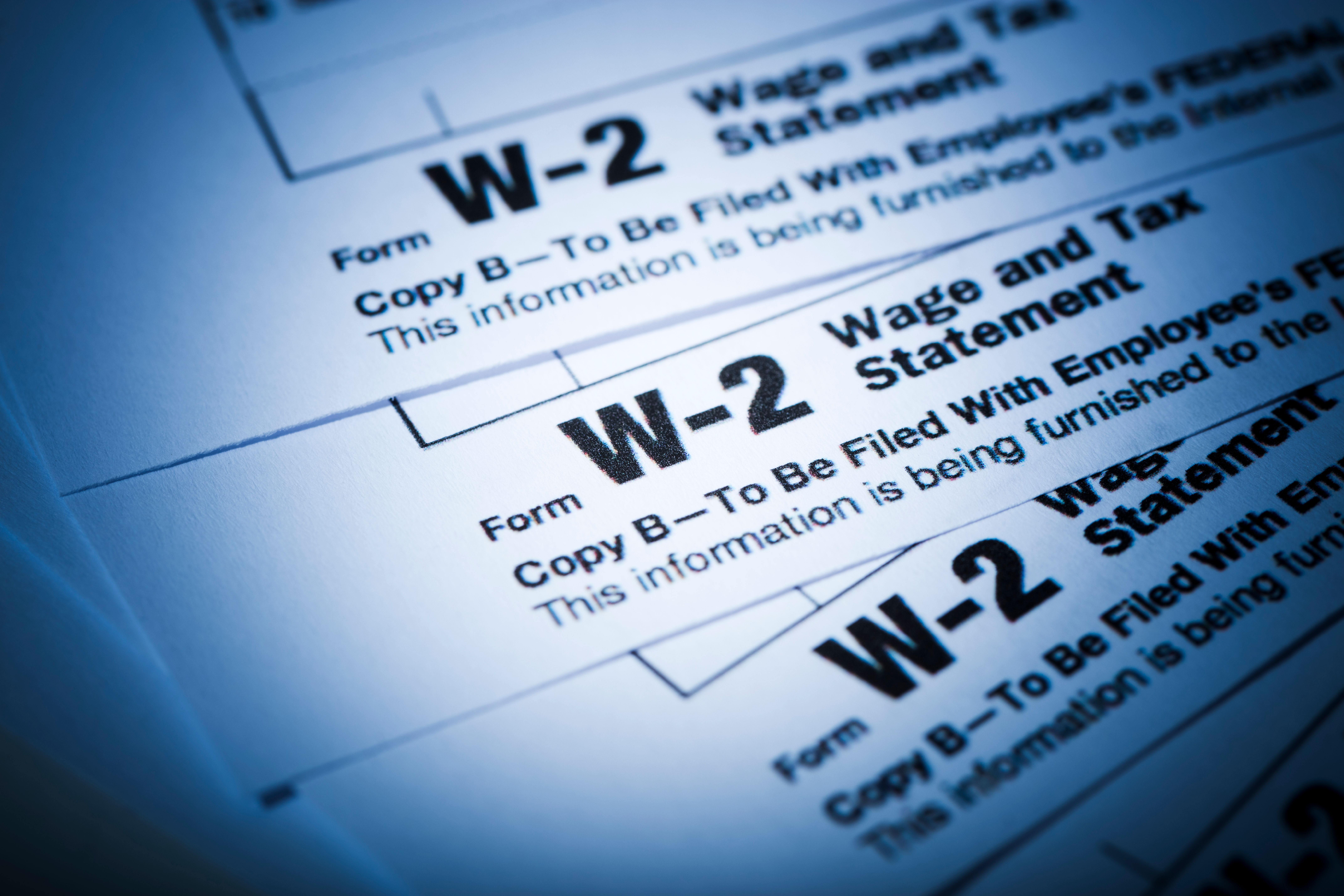AARP Eye Center

By Rita Beamish
The IRS was calling. Ismael Delgado, 69, didn’t like the sound of that, especially when the “agent” said his tax payment was short. He could pay up immediately or face arrest.
“I was concerned,” the retiree, from Napa, recalled. Delgado makes monthly tax payments and thought that maybe one hadn’t been received.
Countless taxpayers receive similar calls. They are told the problem can be resolved if they buy an iTunes or other untraceable gift card, covering the amount due, then give the card number to the IRS agent on the phone. Money orders or wire transfers are also requested.
Beware, though; the caller isn’t from the IRS but is a scammer. In fact, the agency always communicates in writing first.
Delgado got suspicious when he was asked to verify his Social Security number. He told the agent to read him the number—naturally, the IRS would have it—and he’d confirm its accuracy. The swindler hung up.
Consumer tax fraud is a persistent crime. Aided by hacks and new ways of mining personal details, con artists steal identities and trick people out of cash.
“Tax season is when these scammers really ramp up,” said Strat Maloma, a senior program specialist leading the AARP California Fraud Network campaign, which holds community events and tele-town halls.
“People are less suspicious at that time because they are already dealing with filing their tax returns with the IRS,” he said.
The impostors are savvy about sounding official, and even threatening, often reciting phony badge numbers.
More than 2.1 million Americans reported the IRS-impersonator scam in the four years after the Treasury Department’s inspector general began tracking it in 2013.
Some 12,400 victims surrendered more than $61.6 million to fake agents from 2013 to 2017.
Especially during tax season, the impostor gambit is among the most common ruses reported to the volunteer-staffed AARP Fraud Watch Network Helpline (877-908-3360), which fielded more than 18,000 calls last year, said Mark Fetterhoff, Fraud Watch Network adviser.
Awareness is growing thanks to outreach by AARP, the IRS and others.
Safety Tips
“If you’re surprised to be hearing from us, it’s probably not us,” said IRS spokesman Matt Leas.
Any agency contact will always be by postal mail first, not telephone or email. If a call seems fishy, he said, “hang up and call the real IRS” at 800-829-1040.
The IRS does not ask for personal details by phone or email.
Other ways to stay safe:
- File returns early to prevent anyone from filing in your name.
- Don’t click on suspicious looking email links.
- Don’t engage with phony callers. They’ll only keep calling if you talk to them.
- Don’t give callers or emailers personal or financial data.
- Always keep your antivirus software up to date.
- Only use known trustworthy tax preparers, such as AARP FoundationTax-Aide. Learn more at aarp.org/taxaide or by calling 888-687-2277.
Stay alert, warned Leas: “Scammers are adaptive adversaries.”
Visit fraudwatchnetwork.org for more tips and information.
Rita Beamish is a writer living in San Mateo.























































